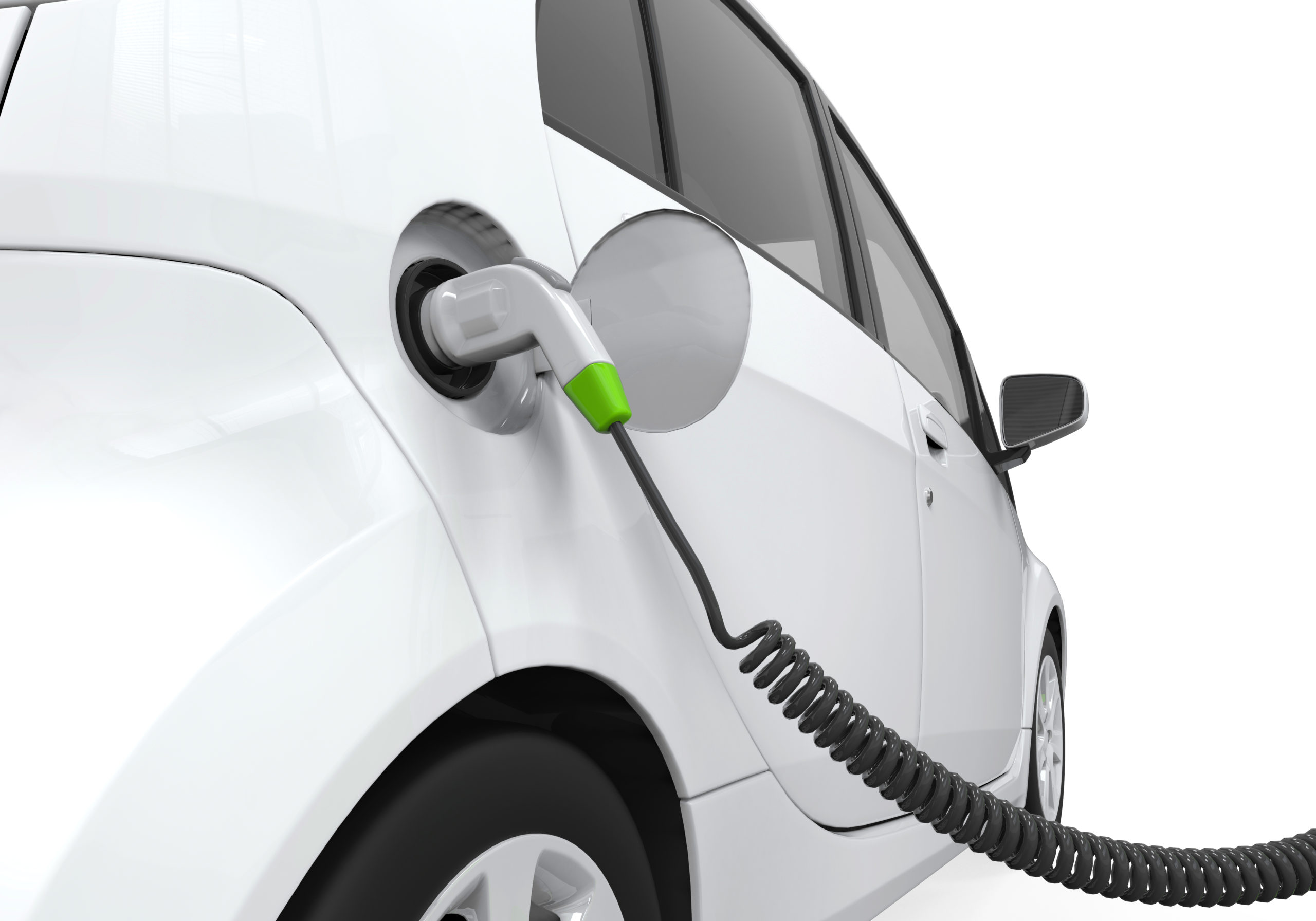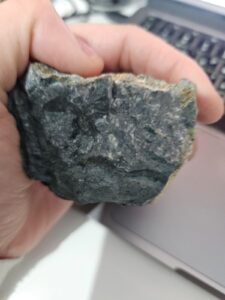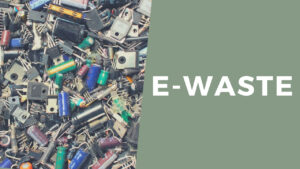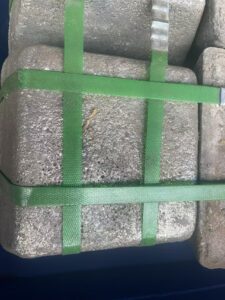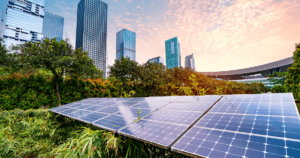A push into mining is at the centre of Tesla’s plan to cut battery costs and deliver on a promise to bring a USD25,000 electric vehicle to market
Taking control of the supply chain
Tesla’s decision to make its own battery cells, and to enter production of battery cathodes and associated raw materials, is intended to add in-house capacity alongside deals with external suppliers as demand for electric vehicles rises. Part of that plan involves Tesla expanding its control over the supply chain, including by purchasing lithium that is still in the ground and extracting it from the ore itself.
At its inaugural Battery Day held on 22 September, CEO Elon Musk announced a batch of initiatives, including a new ‘tabless’ battery technology and cleaner lithium mining practices in Nevada. Musk also announced that Tesla has secured access to 10 000 acres of lithium-rich clay deposits in Nevada and planned to use a new, “very sustainable way” of extracting the metal.
Reducing Battery Costs
In order to make EVs more accessible, Tesla announced plans to increase production and reduce costs of batteries, including profound changes in the production process of batteries and mining of materials.
Tesla Powertrain and Energy Engineering division senior vice-president, Drew Baglino, said, “We’re going to [build] our own cathode facility in North America and leverage all of the North American resources that exist for nickel and lithium. And just doing that – just localising our cathode supply chain and production – we can reduce miles travelled by all the materials that end up in the cathode by 80%, which is huge for cost,” adding that it would be, “a sulfate-free process, skip the intermediate, 33% reduction in lithium cost, and a hundred percent electric facility co-located with the cathode plant.”
“There’s enough lithium in the United States to convert the entire United States fleet to electric – all the cars in the United States. Every vehicle in the United States can be converted to electric using only lithium that is available in the United States,” added Musk.
According to Musk, Tesla is focusing on development of a process to extract the metal using sodium chloride, or table salt, instead of more expensive chemical reagents, which can lower their current lithium expenditure by 33% and at the same time make it more environmentally friendly. “The nature of the mining is actually also very environmentally sensitive in that we sort of take a chunk of dirt out of the ground, remove the lithium, and then put the chunk of dirt back where it was. So it will look pretty much the same as before,” he said. “Simply mix clay with salt, put it in water, salt comes out with the lithium,” added Broglio. Flagging plans to use a technology that isn’t yet proven at scale has drawn skepticism from some analysts. “Lithium has never been produced from clay in commercial quantities,” said Chris Berry, president of House Mountain Partners, an industry consultancy.
Traditionally, lithium and nickel raw materials are mined and then converted into a metal sulphate before chemicals and water are added to them to create the final cathode product. This creates a large amount of wastewater and waste by-products, something Tesla aims to eliminate with its proposed lithium cathode plant and facility.
Eventually, Tesla will source spodumene from its own mine in Nevada without intermediaries, which means not only more supply, but also potentially lower costs that could spread across the industry.
Tesla signs offtake agreement with Piedmont
In the meantime, Tesla has struck a five-year raw materials pact with Piedmont Lithium Ltd. ASX-listed Piedmont will sell Tesla one-third of the spodumene concentrate it expects to extract from its North Carolina mine over the next five years. The deal was announced at the end of September, immediately sending Piedmont’s stock price soarding by over 220%- a true vote of confidence by the market and a testament to how seriously investors regard Tesla’s potential in the EV and battery space.
Spodumene concentrate is rich in lithium, the metal used in the lithium-ion batteries that power Tesla’s electric vehicles. Tesla will buy the concentrate at a fixed price, taking volatility out of a commodity that has steadily fallen in price since the middle of last year. Piedmont’s chief executive and president, Keith Phillips said the deal with Tesla marked “the start of the first US domestic lithium supply chain and a disruption to the current value chain”, adding that the deal demonstrated, “the strategic importance of Piedmont’s unique American spodumene deposit and confirms the trend toward spodumene as the preferred feedstock for the lithium hydroxide required in high-nickel batteries”.

